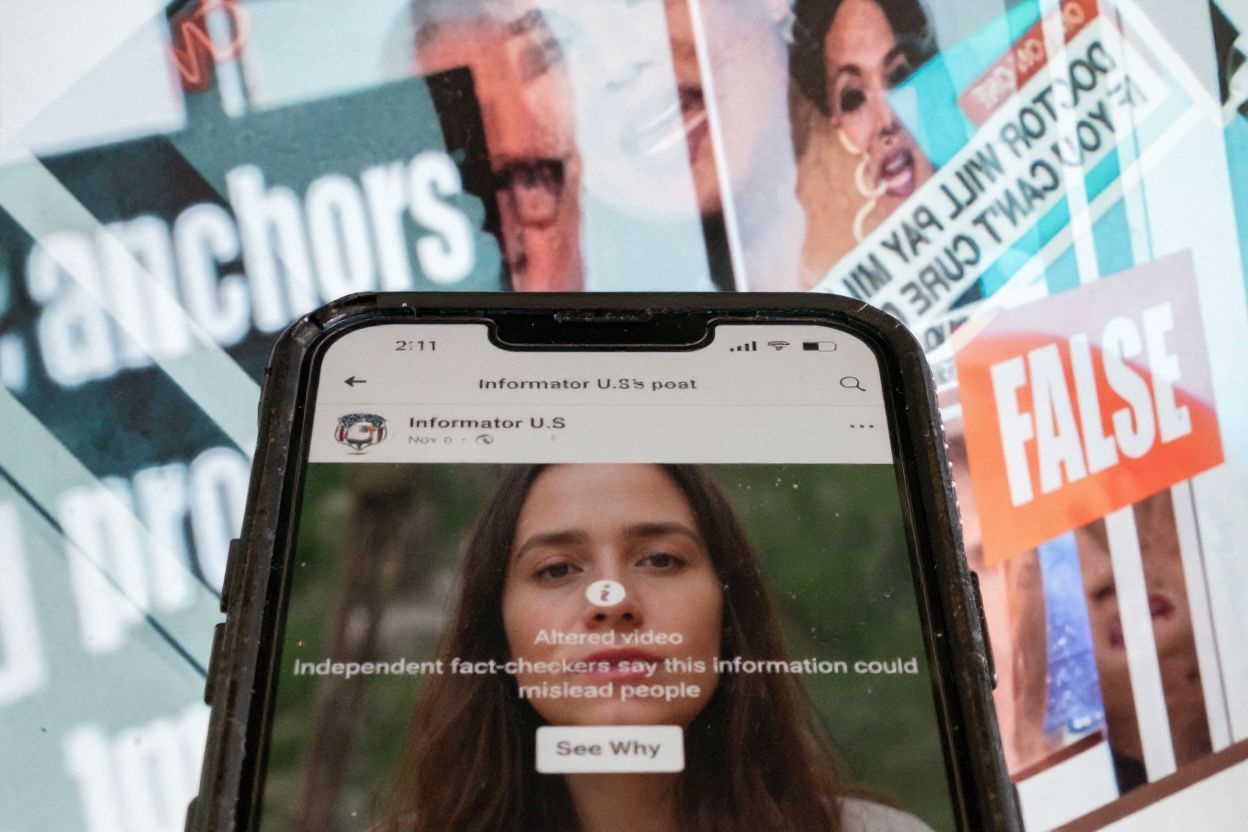
Doomscrolling social media is the equivalent of being in a room where people are constantly yelling at you, and it’s not doing your anxiety any good, experts say.
The word doomscrolling refers to the action of spending too much time consuming negative news online. A study published in the Journal of Computers in Human Behavior Reports discusses the concept of doomscrolling social media, and how it evokes existential anxiety, distrust, and other pessimism about human nature.
Researchers surveyed 800 university students from the US and Iran who used social media. The US sample comprises 135 women, 43 men, and two from other genders, while the Iranian sample consisted of 165 women, 454 men, and one other gender.
The researchers found that constantly being exposed to negative news brought up thoughts like, “life being fragile and limited, humans fundamentally being alone, and individuals not having full control of their lives.” Doomscrolling social media often reinforced the beliefs that “humankind is imperfect, and there is no justice in the world,” challenging people’s “fundamental assumptions about the fairness and benevolence of the world.”
Lead author of the study, Reza Shabahang, a researcher at Flinders University’s college of education, psychology and social work, said that the constant exposure to negative news has become a “source of vicarious trauma.”
Even if you’re not experience the trauma first-hand, reading about negative news can detrimentally affect you.
And when you take that into account, 2024 alone has been full of negative news – the Israeli–Palestinian genocide, the US presidential election, climate risks, and seemingly countless more.
“When we’re constantly exposed to negative news and information online, it can threaten our beliefs when it comes to our own mortality and the control we have over our own lives,” he said.
 If negative news is not enough to induce anxiety, there is also the risk of fake or altered news.
If negative news is not enough to induce anxiety, there is also the risk of fake or altered news.
Doomscrolling social media – who are the real culprits?
The study further describes how a substantial portion of modern news coverage is now characterised by emotionally charged headlines. Anger, fear, disgust, and sadness are the focus in an effort to garner higher readership, better ratings, and more clicks. Plus, people prefer to skip over positive news in favour of cynical, negative stories.
As a result, modern news outlets and social media sites tend to frame their news with an over-emphasis on negativity. American psychologist Roy Baumeister wrote the often-cited paper “Bad Is Stronger Than Good,” which detailed how negative events had greater power over good ones.
A similar study by the journal Nature Human Behaviour says it all in its title – “Negativity drives online news consumption.” People seek negative news to increase awareness and alertness, a trait essential for human survival.
But, in turn, negative news turns into stressors, evoking anxiety, elevated risk-taking, and other symptoms of psychological distress.
Dr. Joanne Orlando, a digital behaviour expert at the University of Western Sydney, claims that the findings were not surprising. In fact, she proceeded to suggest that they could be applicable to people of all ages, and not just students.
“It really impacts how you understand the world and your place in it,” she said in an interview with The Guardian. “The media also needs to think about redefining what they see as news”.
Instead, she recommended people to be aware of how social media was making them feel, and resist the urge to check these platforms upon waking up.
Doomscrolling social media upon waking up could affect their psychological state throughout the day.
Chief executive of Beyond Blue – an Australian mental health and wellbeing support organisation – Georgie Harman calls on social media companies to “step up and play their part”, stating that the responsibility to avoid doomscrolling cannot fall on users alone.
“People are telling us quite clearly they don’t like getting caught up doomscrolling, and they want a say in what content is served up to them,” she said. “So our question is, what are social media platforms going to do to address this?”









